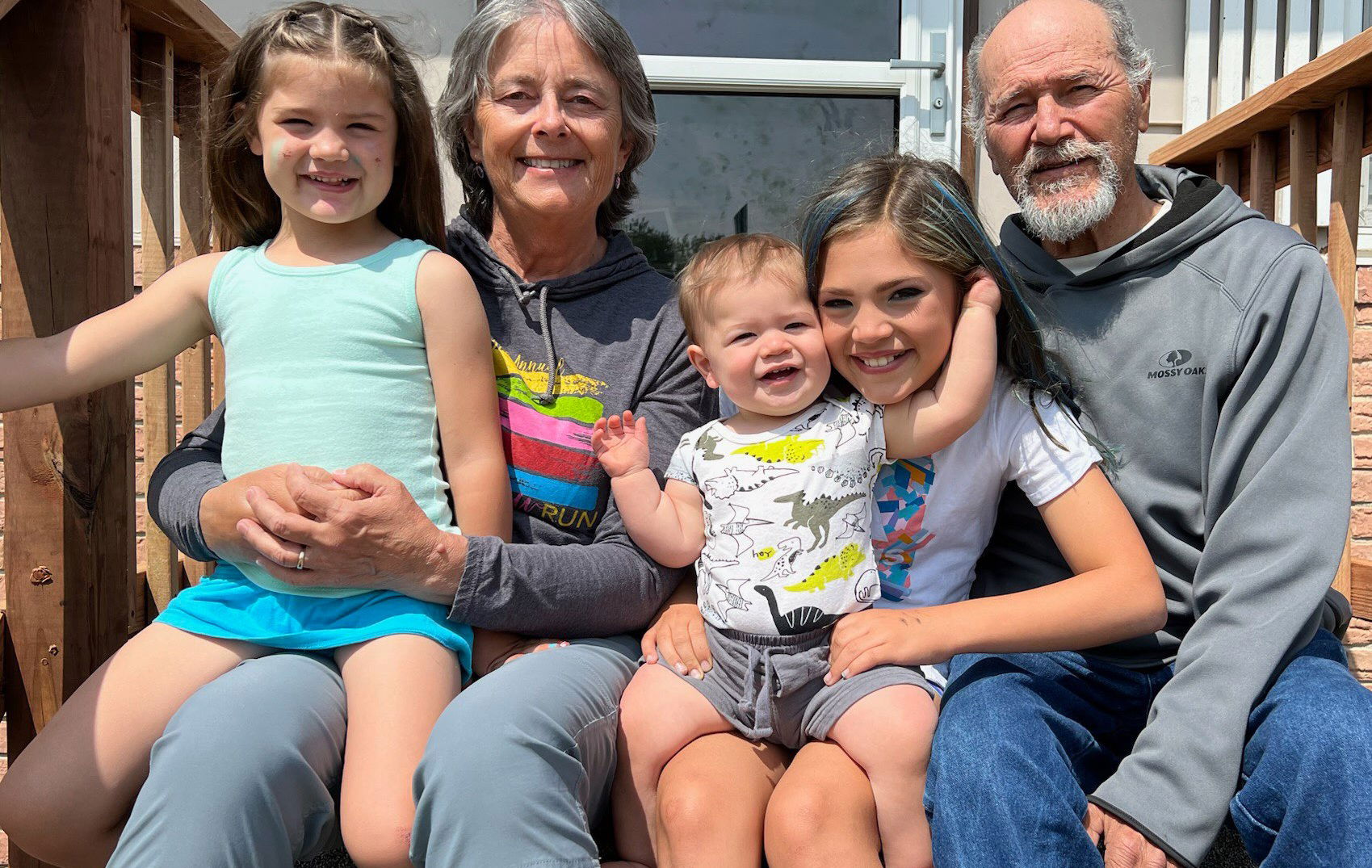Dear Family, Friends, Neighbors and Community Members


Dear Family, Friends, Neighbors and Community Members,
Some of you may know by now that I have an inherited condition called polycystic kidney disease. Although managing the disease as best as possible for the last 9 years, I am now in need of a kidney transplant. I am not currently on dialysis and I feel well for now. However, as my kidney function declines, I will require dialysis treatments in Grand Junction, three times a week for four hours per session, to help keep me alive. A transplant would offer me more freedom and the ability to live a longer, healthier, and much more productive life. A transplant would also give me more time to do the things I enjoy the most, like spending time with my husband Delbert, my son Tucker, my daughter Megan and son in law Zach, and my 3 beautiful grandchildren, plus enjoying some of my favorite activities like gardening, cooking, golfing, fishing, and serving my community.
However, finding a kidney for a transplant is not easy. Just ask the 100,000 plus people on the waiting list for a deceased kidney donor. Time is not on our side. Some wait for years and many die while waiting. The average wait time is three to six years for a kidney from a deceased donor. But, There Is Another Option! Receiving a kidney from a living donor! Asking a family member, a friend, or a community member to consider donating a kidney, to me, is very difficult, but it greatly improves my chances of getting a transplant. A living kidney donation typically lasts a lot longer than a deceased donor kidney and has better function more quickly.
You might not know a lot about living donation - I know I certainly didn’t before kidney disease changed my life. Understandably, some people are afraid about the surgery and what living with one kidney will mean for them. So here’s some basic information about kidney donation:
1. You only need one kidney to live a long, healthy life.
2. Most donor surgeries are done laparoscopically, meaning through tiny incisions, which is less invasive.
3. The recuperation period is usually fairly quick, generally two to three weeks, depending on your vocation.
4. The cost of your evaluation and surgery will be covered by my insurance.
5. You will have a separate team of healthcare professionals to evaluate you as a living donor. Their job is to help you understand the risks and benefits and to look out for YOUR best interests.
You can also learn much more about living donation on the UC Health website: uchealthlivingdonor.org or by contacting the UC Health Living Donor free confidential help line at 720-848-0855. If you want to talk to someone who’s already donated a kidney, UC Health can help with that too.
Thank you for taking the time to listen about my kidney journey. If donating a kidney to me is something you would like to consider, I would be happy to tell you more about my story and explore the process of determining if you are a match for me, or are interested in learning about how to be a Paired Kidney Exchange Donor. You can also contact my transplant center, UC Health in Denver directly.
I know living donation may not be right for everyone — but you can still help! Help me by sharing my story with everyone you know and please consider being an organ donor after your passing to help save someone else’s life.
I would like to bring awareness to kidney disease, and the living and deceased donation process. I am hopeful my efforts will not only help me receive a kidney sooner but also encourage others to consider helping save the lives of the many people that are still on the waiting list for a transplant.
Thank you!
This is Chris Trujillo
Christine Trujillo


